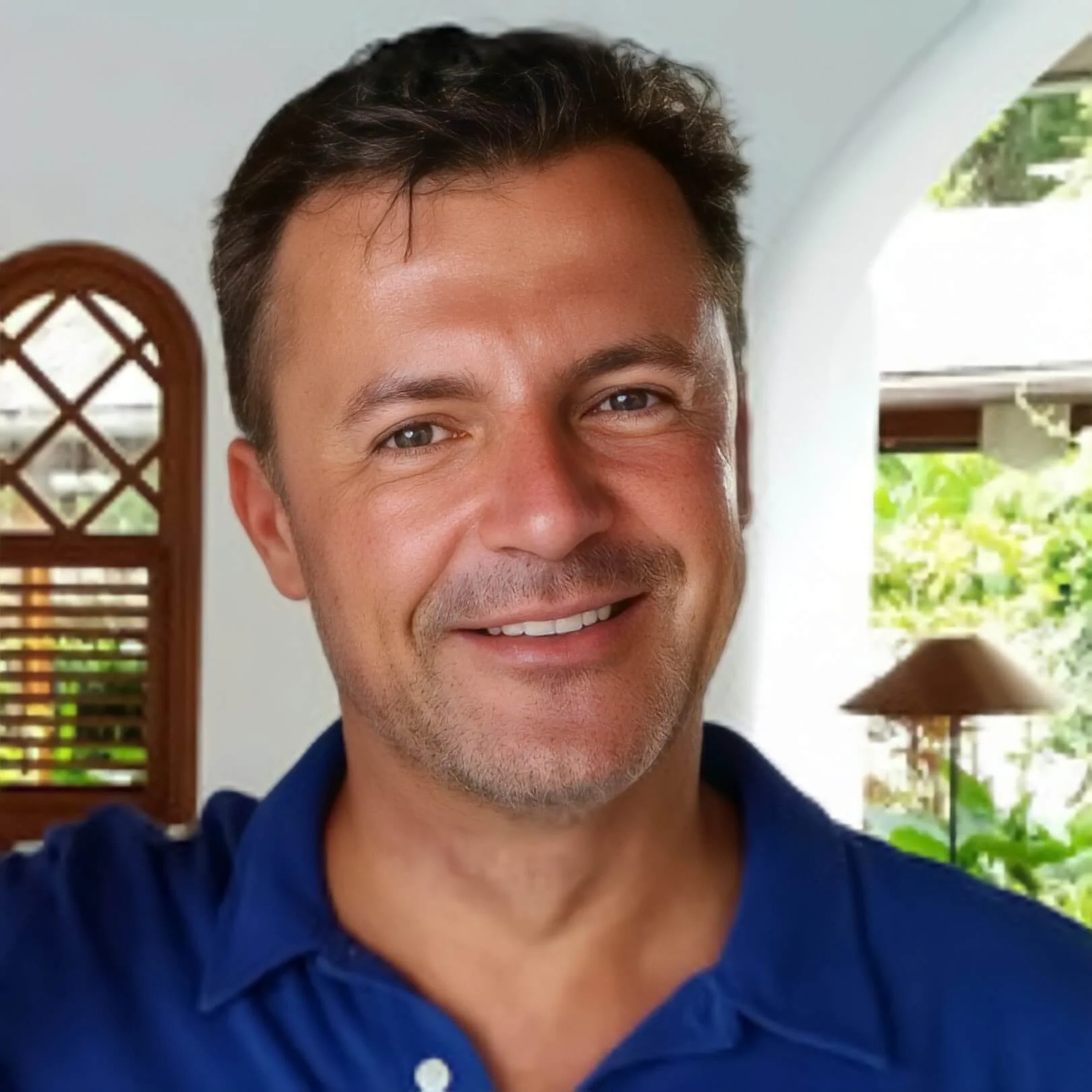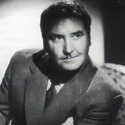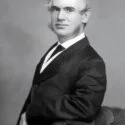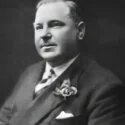Michael Platt was born in Preston, Lancashire on 18 March 1968. He is a British billionaire hedge fund manager. He is the co-founder and managing director of BlueCrest Capital Management, Europe’s third-largest hedge-fund firm which he co-founded in 2000. He is Britain’s wealthiest hedge fund manager according to Forbes, with an estimated wealth of US$18 billion as of December 2024.
Platt’s father taught civil engineering at the University of Manchester. Platt went to King Edward’s School in Lytham (now AKS). Platt studied civil engineering at Imperial College London, but after a year, switched to mathematics and economics at the London School of Economics, from which he graduated in 1991. His mother was a university administrator. His grandmother, whom he has described as “a serious equity trader,” introduced him to investment. She “helped him buy stock in trust savings banks that were selling shares to the public.” At 14, Platt invested £500 in a shipping line, Common Brothers, that soon tripled in price. Some of his first investments were in Britain’s newly privatised utilities.
Platt started in the City after his grandmother gave him some shares in which to invest and he discovered he had a talent for investing. He joined JP Morgan in 1991. Platt assumed responsibility for developing JP Morgan’s swaps and options trading business in April 1992, and in April 1996, became the head of trading for all swaps products relating to the 11 founding states of the European single currency, the euro.
In 2000, Platt co-founded BlueCrest Capital Management LLP, with William Reeves. Discerning in August 2007 that “a stock market crash lay ahead,” Platt “sold his bank shares, and bought ‘safe’ sovereign bonds,” and thus “avoided the worst of the financial crisis, and profited from the resulting ‘flight to quality’ and plunge in interest rates.” As of 2014, BlueCrest was Europe’s fourth largest hedge fund. In that year, it managed over £30 billion and employed 350 people. BlueCrest initially focused on trading interest rates and using computer algorithms to capture trends in bonds and commodities. In 2013 it expanded into trading equity to compete with Millennium Management LLC and SAC Capital Advisors LLP.
In 2011, Michael Platt turned down an offer from George Soros to manage over $1 billion under a reduced fee structure, stating that BlueCrest could command the industry-standard 2-and-20 model from other investors. That same year, he commented on the Eurozone crisis, attributing its troubles to deep political and cultural divisions between northern and southern Europe. He argued that unlike the United States, where states support one another financially during economic difficulties, European nations lacked the same willingness to redistribute wealth. Platt also warned that Europe’s banking sector was undercapitalised and that if banks were marked to market accurately, most would likely be considered insolvent. By contrast, he maintained a relatively positive outlook on the US and Germany.
In 2013, BlueCrest invested $50 million in Meredith Whitney’s hedge fund, Kenbelle Capital. When BlueCrest requested a redemption in October that year, Kenbelle failed to return the funds, leading to a lawsuit in Bermuda. Whitney ultimately shut down her fund in 2015, repaying investors, including BlueCrest. Later that year, Platt announced that BlueCrest would return $7 billion to outside investors and transition into a private investment partnership. In a letter to investors, he cited increasing pressure on fee structures, rising costs of top trading talent, and the difficulty of customising investments for a diverse client base as reasons for the shift.
BlueCrest thrived in its new private model. In 2016, it posted nearly a 50% profit, followed by a 54% gain in 2017, far exceeding the performance of many of the world’s largest hedge funds. In 2018, The Sunday Times named Platt “the richest hedge fund manager in the City,” noting that his wealth had grown by 25% that year. By 2019, Forbes ranked him among the highest-earning hedge fund managers and traders, with BlueCrest’s trading operation returning 53.5% net after expenses, generating around $2 billion for Platt personally. In 2020, the fund posted a staggering 95% gain, pushing Platt’s net worth to $10 billion. By 2023, The Sunday Times Rich List estimated his wealth at £11.5 billion.
Platt’s investment strategy blends systematic, algorithm-driven trades with discretionary, human-led strategies. His firm employs aggressive stop-loss policies—cutting traders’ capital allocations drastically if they lose as little as 3%, while increasing exposure to successful trades. In a rare live interview with Bloomberg in 2011, he identified three areas he avoids entirely: bank exposure, peripheral debt risk, and illiquid investments. In 2018, he described his approach to hiring traders, looking for individuals who “understand an edge.” He likened the ideal candidate to a poker player who wakes up early on a Sunday morning to exploit hungover American players still recovering from Saturday night—a metaphor for seizing market inefficiencies. He also values three key traits in traders: an acceptance that “the market is always right,” a sense of “paranoia” that encourages hedging against risk, and the ability to admit when they are wrong.
To avoid increased financial regulation, Platt relocated from London to Geneva in 2010. In 2014, he moved again to Jersey, along with BlueCrest, citing tax advantages and better staffing opportunities. A notable contemporary art collector, he prefers commissioning works directly from renowned artists rather than purchasing existing pieces. His private showroom, housed in the crypt of a deconsecrated church at One Marylebone, features works by artists such as taxidermist Polly Morgan, Turner Prize-winning sculptor Keith Tyson, and charcoal artist Reece Jones.
In 2018, Platt made a cameo appearance as himself in the first episode of Season 3 of Showtime’s financial drama Billions, alongside other real-life financial figures, including Marc Lasry, Charles Koppelman, and Perry Weitz.

Taken from the first episode of the third season of Showtime’s ‘Billions’

Taken from the first episode of the third season of Showtime’s ‘Billions’

Taken from the first episode of the third season of Showtime’s ‘Billions’










































